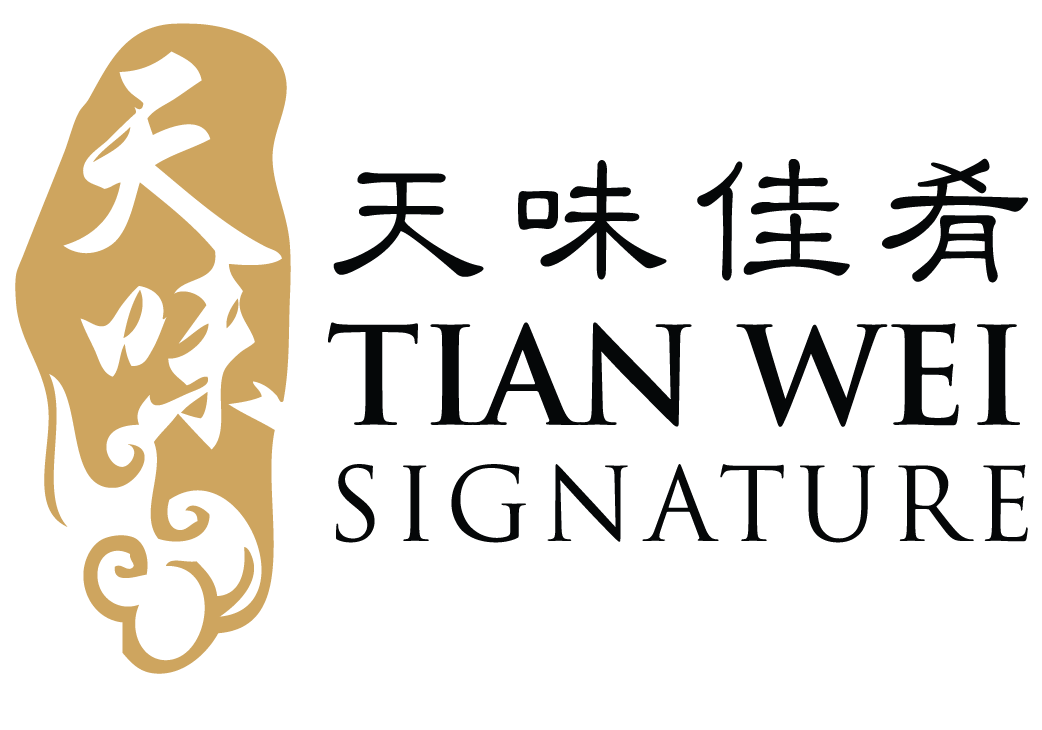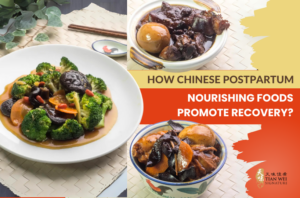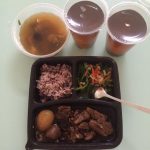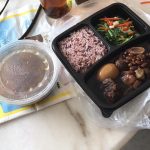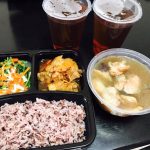81 Tagore Lane, TAG A, #01-11 Singapore 787502 ♦ Reservation : +65 6727 5599
How Does A New Mother’s Diet Affect Her Milk?

“Why is my milk production not yet stabilised?“ “Am I producing enough for my baby milk eating?” “Why am I NOT producing enough milk for your little one?”
If these sound familiar to you, you are not alone. Many mothers, especially first-time ones, find themselves at a loss when dealing with breastfeeding issues.
After considering various other methods, a lot of new mothers end up following a certain diet to ensure their milk is nutritious and healthy for their babies. Since milk is made in your body and derives nutrients directly from what you consume, it goes without saying that your diet directly affects the quality of milk you give to the baby. But how far does a breastfeeding mother diet affect milk quantity?
If you don’t take a balanced diet, your body will not be in a position to make proper milk for the baby. After birth, the correct diet is necessary for both the well-being of the mother and the baby. Drinking water regularly is a non-negotiable necessity. It comes ahead of everything else. Eight glasses per day are the standard recommendation for anyone because water helps you hydrate and to cleanse the body of impurities that may slow down the milk production.
What’s your “new mother diet” like? If you are here to start planning for one to better the breastfeeding for both you and your child, the following are some of the ways a new mother’s diet affects her milk.
Your Calories
A breastfeeding mother needs extra calories to make milk. Without calories, there will be no milk. A breastfeeding mother gets hungry more often than usual because she has to eat for herself and also for producing milk. Consume healthy amounts of calories in your meals from food that are rich in them, like chicken or duck.
Eating More Fish
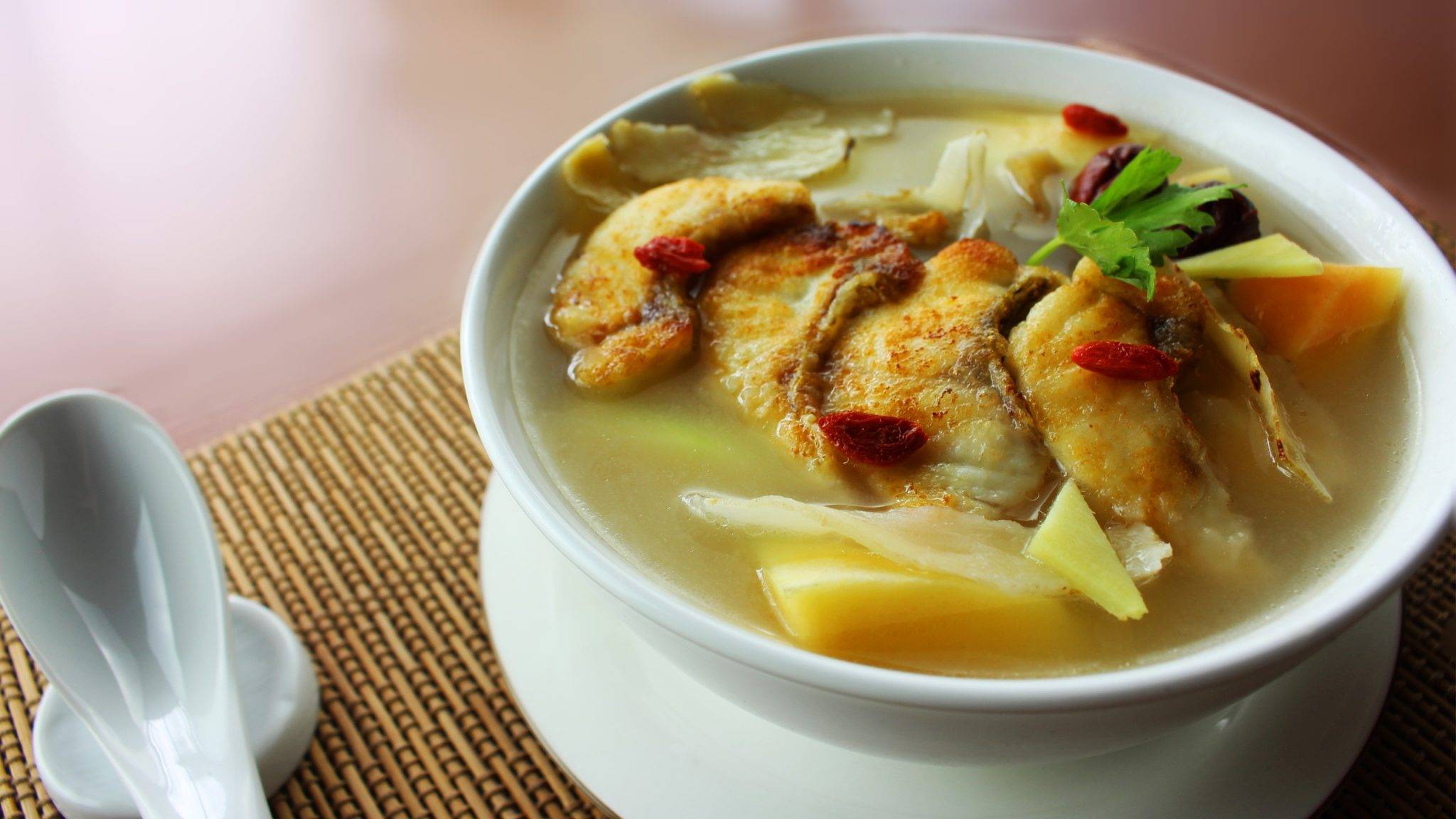
While eating a lot of fat doesn’t directly increase the amount of fat in the breastmilk, the type of fats the mother eats do influence the fat content in the milk. Eating more fish while breastfeeding has been found to increase the amount of omega-three fatty acids in the breast-milk. For brain and eye development, the baby needs milk rich in omega-three fatty acids. Choose fish like salmon and tuna to ensure.
Dairy Products
A breastfeeding mother consuming too much dairy products is harming the baby. Dairy products like milk, cheese, yoghurt, pudding and ice cream are not suitable for the baby. They may cause problems for babies that are lactose-intolerant and can contribute to worsening skin conditions like eczema or sleep conditions.
Superfoods
Complementing your daily diet with superfoods can improve your milk quality. The superfoods may include chickpeas, oatmeal, almonds and leafy greens. They have useful elements that aid milk production.
Excessive Amount of Herbs & Spices
While breastfeeding, a mother should not consume food with excess spices and herbs. These dry up the milk glands, thereby lowering its supply for the baby. Some of these herbs are peppermint, parsley, oregano, jasmine, yarrow, menthol, and sage. However, there are certain herbs whose excessive usage do increase milk supply. Some of these are ginger, garlic, alfalfa and fennel.
Caffeine
Are you a coffee lover? You might want to be careful! We know, we know.. With those sleepless nights of having to feed your newborn several times a night and burping them, a cup of coffee every now and then is what you need to keep you awake throughout the day. But, did you know it can cause more troubles for you in the future?
A diet with too much caffeine can dehydrate your body and lower breastmilk production. Caffeine also passes directly to the milk, causing sleeping problems and irritability syndrome to the baby. Once the baby is not feeling well because of irritation, the milk supply will again, in turn, go down. So it is advisable not to take too much caffeine products while breastfeeding. These include gassy drinks, tea and coffee.
Confinement meals offer breastfeeding mothers the opportunity to enrich the baby milk by offering the best confinement food available. You can get food for confinement mothers in various well-balanced, nutritious packages depending on your needs. The above necessities for quality milk have been taken into account. Confinement catering in Singapore is the answer to your worries about where to find foods that help revitalise your health after delivery and aid in quality milk supply.
